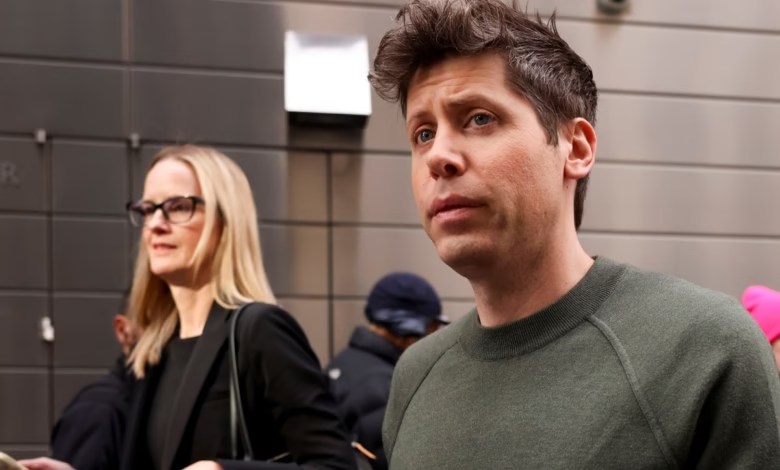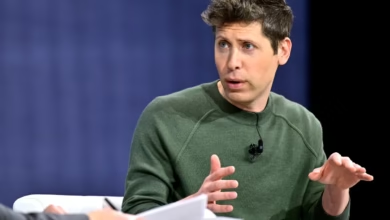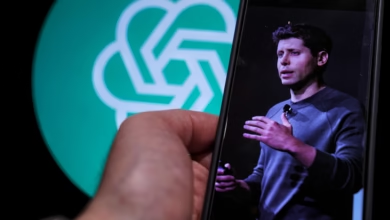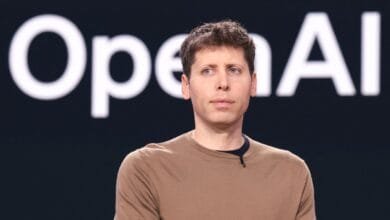Sam Altman Predicts AI Breakthroughs by 2025

▼ Summary
– OpenAI CEO Sam Altman’s essay “The Gentle Singularity” predicts AI will significantly impact work, energy, and society within 15 years, while downplaying the immediacy of AGI.
– Altman suggests AI systems capable of generating novel insights may emerge by 2026, aligning with OpenAI’s focus on advancing AI reasoning models.
– OpenAI and competitors like Google and Anthropic are racing to develop AI tools that aid scientific discovery, targeting fields like drug development and material science.
– Skeptics, including Hugging Face’s Thomas Wolf and former OpenAI researcher Kenneth Stanley, doubt current AI’s ability to produce truly original scientific hypotheses.
– Altman’s essays often hint at OpenAI’s future projects, similar to his January 2025 prediction about AI agents, which later materialized.
OpenAI CEO Sam Altman has outlined an ambitious vision for artificial intelligence breakthroughs by 2025, suggesting that AI systems capable of generating novel insights could emerge sooner than many expect. In a recent essay titled The Gentle Singularity, Altman explores how advanced AI could reshape work, energy, and society while hinting at OpenAI’s next major developments.
Altman predicts that by 2026, AI models may reach a point where they can “figure out novel insights,” a claim that aligns with OpenAI’s recent focus on enhancing reasoning capabilities. Earlier this year, the company introduced its o3 and o4-mini models, which co-founder Greg Brockman described as the first AI systems capable of generating genuinely new ideas. While details remain vague, the essay suggests OpenAI is accelerating efforts to develop AI that pushes beyond pattern recognition into true innovation.
The race for AI-driven discovery isn’t limited to OpenAI. Google’s AlphaEvolve reportedly devised unconventional solutions to complex math problems, while startup FutureHouse, backed by ex-Google CEO Eric Schmidt, claims its AI made an actual scientific breakthrough. Competitor Anthropic has also launched initiatives to support research, signaling a broader industry shift toward automating scientific exploration. Success in this area could revolutionize fields like drug development, materials science, and other research-intensive sectors.
However, skepticism persists about whether current AI can truly produce original insights. Hugging Face’s Chief Science Officer Thomas Wolf argues that today’s models lack the ability to ask meaningful questions, a cornerstone of scientific progress. Kenneth Stanley, a former OpenAI researcher now leading Lila Sciences, echoes this view, noting that AI still struggles with creativity. His startup secured $200 million to tackle this very challenge, aiming to train models that recognize what makes an idea truly groundbreaking.
Altman’s predictions often foreshadow OpenAI’s next moves, earlier this year, he hinted at AI agents before the company unveiled its Operator, Deep Research, and Codex tools. Whether his latest vision materializes remains uncertain, but one thing is clear: the push for AI that thinks like a scientist is gaining momentum, with potentially transformative consequences.
(Source: TechCrunch)






